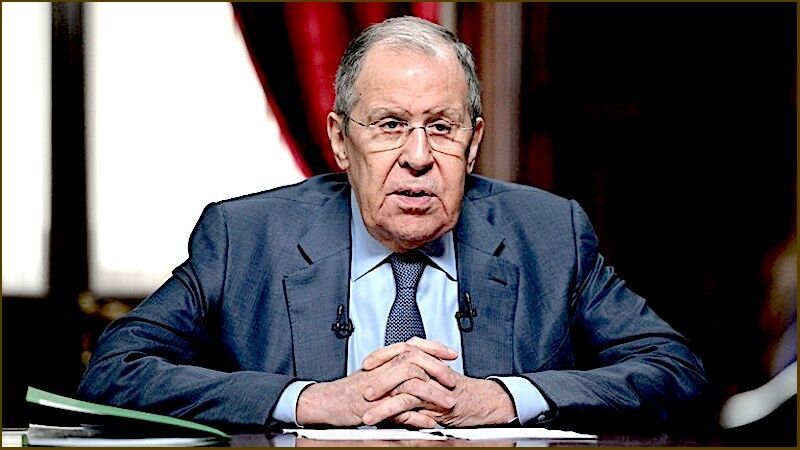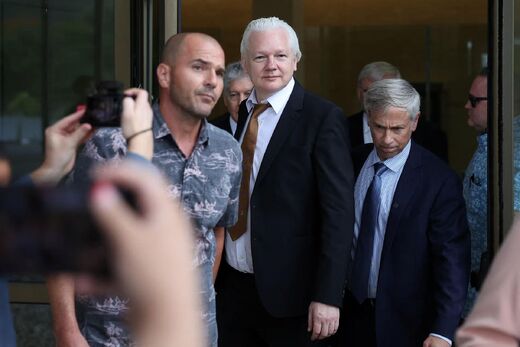BRICS is prioritizing the creation of a platform that will enable member states to conduct transactions in national currencies, Russian Foreign Minister Sergey Lavrov has said.
Speaking at a meeting of the economic bloc's foreign ministers in Nizhny Novgorod, Russia, Lavrov said:
"BRICS was actively working to implement the decisions of the Johannesburg summit last year, particularly when it comes to improving the international monetary and financial system, developing a platform for settlements in national currencies in mutual trade. Our agenda is extensive. It includes issues that will directly affect the future world order based on fair grounds."He added that the bloc, which recently underwent a process of unprecedented expansion, is also looking to harmonize the framework of interaction between BRICS partners.
Earlier this month, Russian Finance Minister Anton Siluanov revealed that BRICS finance ministers were exploring the possibility of launching a common blockchain-based system to facilitate financial transactions.
In January, the head of the Russian central bank, Elvira Nabiullina, noted that the share of Russia's transactions in national currencies with fellow BRICS countries had increased to 85% - up from 26% two years ago. She also revealed that more countries were having doubts about SWIFT, after many Russian banks were cut off from the Belgium-based financial messaging system following the start of the Ukraine conflict in 2022.
BRICS, which originally comprised Brazil, Russia, India, China and South Africa, was joined by Iran, Ethiopia, Egypt, and the United Arab Emirates in early 2024. While Saudi Arabia received an official invitation to join the forum in 2023 and confirmed its interest in doing so, later media reports suggested that the oil-rich state was still considering membership. Argentina was also invited but declined the offer after its President Javier Milei opposed the move.
The BRICS economic bloc, formed in 2009, has presented itself as an alternative to Western-dominated international institutions. According to Statista analytical company, BRICS overtook the G7 countries' share of the world's total GDP in terms of purchasing power parity in 2020. As of 2023, BRICS accounted for a total of 32% of global GDP.




Reader Comments
to our Newsletter